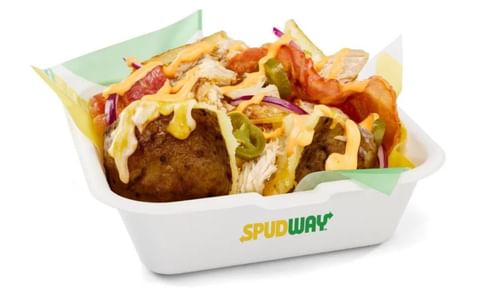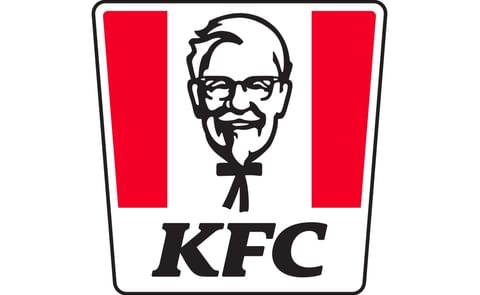Phil Lempert Supermarketguru
US Food trends 2010: Supermarketguru Phil Lempert sees 7 trends

There is a new reality when it comes to grocery shopping in the U.S. - consumers want simple foods they can prepare at home and that don't compromise on quality. This shift comes at a time when many people hope that the pains of the recession are fading away and that they will have more money to spend on food in 2010. Americans now expect their favorite brands to deliver simple and straightforward foods that taste great to the entire family.
Food brands understand that without consumers' trust, their future is bleak. Phil Lempert, the Supermarket Guru®, works closely with ConAgra Foods and its retailers to analyze trends in the industry. Lately, he has seen many brands go back to their roots for inspiration or slim down their ingredient labels to provide the utmost quality to customers.
"Americans are taking a hard look at every aspect of their food, from where it comes from to what's on the ingredient label,"said Lempert. "Major brands are responding in positive ways to ensure they meet these consumer demands in 2010."
Lempert has compiled his observations into seven trends that Americans can expect to see in 2010:
- Less is More- Food brands will continue to use "real foods"on ingredient labels while also shortening the label's length - less is more in the eye of the shopper. ConAgra Foods, for example, announced plans to reduce the use of salt by 20 percent across its entire portfolio of food products by 2015. It's already reduced the sodium levels in Orville Redenbacher's SmartPop! line of microwave popcorn 30 percent. And, with 25 percent of the U.S. population reaching 55 and older by 2010, this will be a welcome change for health-conscious boomers.
- The Changing Face of Private Label- In the wake of the recession, many Americans switched to private label or store brands because they offer better prices. In 2010, major food brands will develop co-branded private label foods with retailers that will feature brands' key ingredients. This will fuel industry innovation while putting major food companies back in grocery carts.
- Getting Back to Basics- In 2009, the economy sent millions of Americans back into the kitchen to prepare meals for their families. Couple that with the successful filmJulie and Juliaand we know that Americans have definitively returned to home cooking. Americans have shifted away from the art and glamour of meal preparation and are now focused on preparing easy, great-tasting meals to nourish their families. The purer the ingredients and the less complex the ingredient label, the better. Brands that are setting the trend include Healthy Choice® All Natural Entrées, Peter Pan® peanut butter and Haagen-Dazs.
- The Butcher's Back -Now more than ever, people want to know where their food is coming from, especially in the meat case where the labels can often list multiple countries of origin. Expect a renewed interest in local butchers, long viewed as a figment of the past, who almost always sell American-raised meat. Not only that, but at the butcher's counter, shoppers can select the cuts of meat they prefer and have them ground or sliced on demand.
- Power of the Collective- The 2009 Women and Social Media Study by BlogHer.com, iVilliage.com and Compass Partners reports that 75 percent of women visit social networks such as Facebook and MySpace, a world that is expanding to include husbands and grandparents. Expect that more shoppers will depend less on advertising and more on social networking and word-of-mouth to help them make decisions on what foods to buy.
- Relaxation Foods -More brands will focus on positioning their products as "relaxation"foods rather than "comfort,"with the message of helping people relax and unwind. Look for this trend to quickly move to other categories, including "anti-energy"bars and snack foods, and it may even spawn a resurgence of calming after-dinner beverages.
2010 will bring continued innovation from the food industry as brands continue to work hard to meeting shoppers needs. The good news for American consumers is that brands are listening and are working to answer the collective call for healthful, quality foods at low costs. For more information about Phil Lempert's predictions, visit supermarketguru.com.










